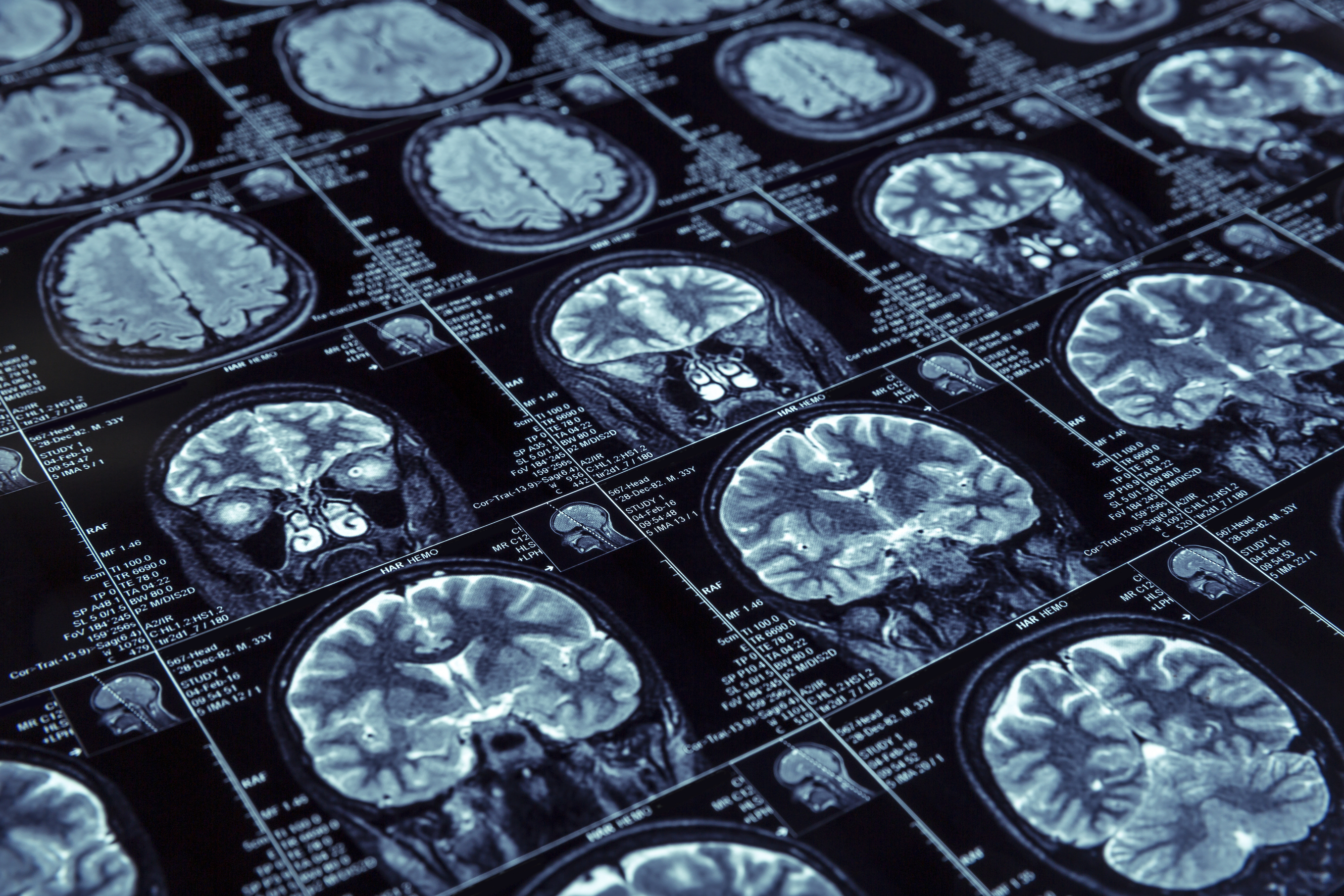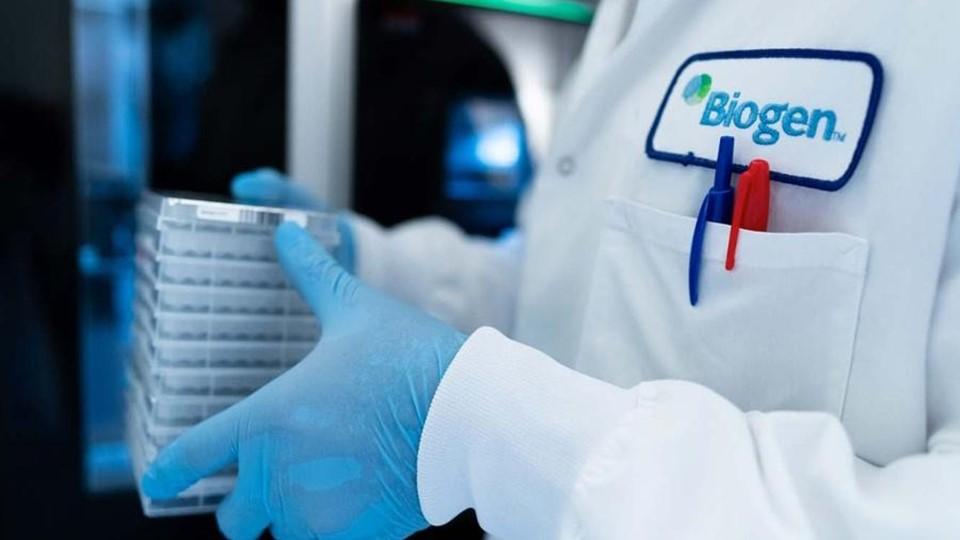Biogen puts $15m into digital health alliance with TheraPanacea

Biogen has made a $15 million investment in digital health company TheraPanacea, which will go towards a project to find digital health tools aimed at neurological diseases.
There's another $41 million in possible future payments if the partnership progresses as planned, said Biogen, which is getting exclusive rights to TheraPancea's machine learning and artificial intelligence platforms in neuroscience.
The aim of the project is to develop tools that will "improve patient care, accelerate drug development, and further the understanding of the underlying pathologies of neurological diseases," said the two partners.
Paris, France-based TheraPanacea has already started to make waves in the digital health arena with its use of ART-Plan AI software to improve radiotherapy of cancer, which is being used in the clinical workflow of more than 40 leading European centres to improve efficiency and standardise treatment.
The alliance with Biogen will focus on using ML and AI to interpret medical imaging and other clinical data sources to try to improve understanding of neurological diseases, and potentially to allow personalised and earlier treatment and improved clinical trials.
According to Biogen, the project could result in shorter development times for new medicines, lower costs, and increase chances of success, alongside the hope of improved clinical outcomes for patients.
TheraPanacea meanwhile said the cash injection will be invested in expanding its existing operations and workforce in Europe.
"We believe that neuroscience is at an inflection point for innovation and breakthrough," said Martin Dubuc, head of Biogen Digital Health.
"Advancements in technology may increase our ability to understand disease, target treatments, and manage risk," he added.
Biogen is a specialist in neurosciences and hit the headlines earlier this year when it won approval in the US for Aduhelm (aducanumab), the first drug for Alzheimer's that is intended to address a pathology that underlies the disease.
Its development partner for the drug, Japan's Eisai, is also exploring the use of digital health tools and in October started a five-year clinical trial of a AI and augmented reality system developed by Altoida that aims to diagnose cognitive impairment earlier.












